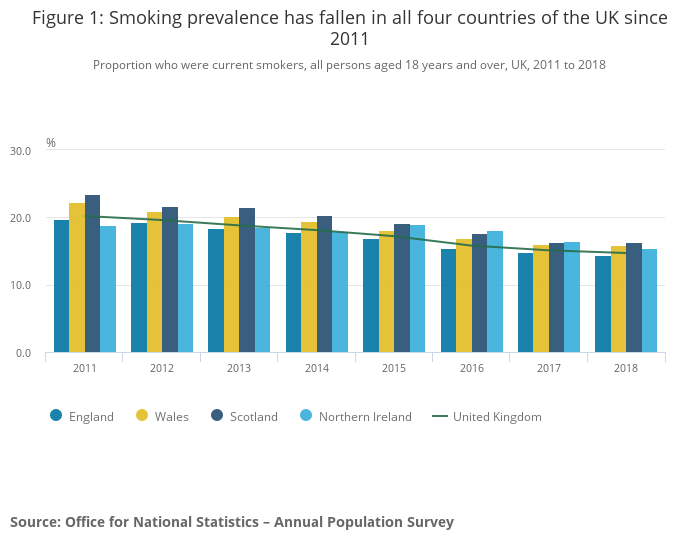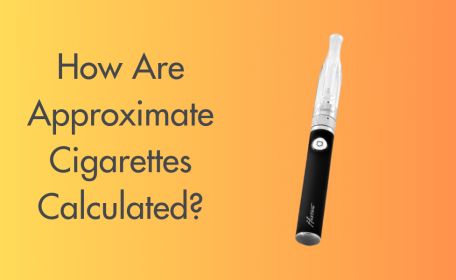Our Survey Shows Brits Still Aren't Sure About Vaping. Let's Explore Why.
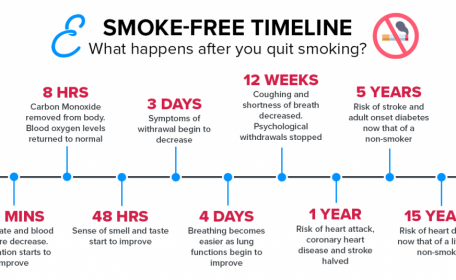
We recently conducted an online survey of 150 British people, incorporating a mix of ages and genders. The aim of doing so was to explore their views on e-cigarettes, including benefits and concerns.
As a leading retailer, we at The Electric Tobacconist are well-versed in the benefits of switching to e-cigarettes. We do, however, strive to better understand the way the general population views vaping.
Our survey generated a mixed response. Here are the main findings:
- The majority of people believe that e-cigarettes do not have benefits to public health, with 34% of respondents saying so. Only 15% agreed that vaping had public health benefits - the rest were either unsure or answered ‘possibly’.
- Following the scare stories published in the media late last year, 35% of people said they were worried about this news. 25% said they weren’t worried at all, while 40% weren’t sure.
- Most respondents were unsure on the validity of said stories, with 15% saying they believed the stories were unfounded, and 31% answering that they were most likely whipped up by the media. The largest pool of answers simply said “I don’t know”, suggesting a lot of uncertainty.
- Nearly half (49%) of respondents would not urge someone else to quit smoking by vaping - despite NHS advice to do so.
- Over 40% of those surveyed felt e-cigarettes could not help the UK become smoke-free, as the government plans. 28% felt that e-cigarettes could help to some degree.
These responses are mixed, however, here are our 3 key takeaways:
- People are frightened by the negative press on vaping
- Despite this, most people don’t trust the media’s reporting, believing the stories are likely either exaggerated or unfounded
- Many are misinformed or uninformed about the potential benefits that vaping could have on public health in the UK
Some Background...
If you’re a little lost, fear not - here’s a brief rundown of why we’ve undertaken this research.
Throughout the Autumn of 2019, 60 deaths were reported in the USA, with several thousand others experiencing lung problems. All victims had a history of vaping - but don't panic - it’s what was in their e-cigarettes that really matters.
The vast majority admitted to using a form of cannabis oil in their device, and of 11 people that denied this, 9 were found to have THC in their system. THC is a predominant chemical found in cannabis.
It’s now believed that this crisis stemmed from bootleg or homemade products which victims were vaping, not knowing the potential damage that said products could cause. In these unregulated cannabis products, vitamin E acetate has been found as a cutting agent.
A cutting agent is an ingredient used to dilute or ‘bulk-out’ a product. Vitamin E is dangerous when inhaled as it’s not designed to be vapourised; once it reaches the lungs, it simply returns to its liquid form. Excessive liquid on the lungs can lead to pneumonia or lung failure.
Now, this is not to say that those who were affected were to blame. Many believed the products they were using were safe, but it’s key to note that they were unregulated. E-cigarette products in the UK, by comparison, are heavily regulated to ensure a disaster like this does not occur. Selling or possessing THC or cannabis products is illegal in the UK.
None of the deaths were linked directly to vaping nicotine e-liquids.
This Was Not an 'Outbreak'
It seems logical that if vaping was dangerous, we’d know it by now. To date, no deaths have been reported in the UK that are linked to vaping.
Despite this, the media were quick to class this as a dangerous outbreak - something that we should all be worried about.
Professor John Britton of the University of Nottingham points out that if all incidents are isolated in time, place and person, it suggests there’s a specific cause or source. In this case, that was proven to be just the case!
Could This Happen in the UK?
No - the UK is part of the MHRA (Medicines and Healthcare Regulatory Agency). The MHRA has a huge database of all e-liquid cartridges manufactured, with over 42,000 entries to date. Vitamin E acetate has never been listed as an ingredient or as an omission for any product to hit the market across the whole of Europe.
This means that so long as you are buying your e-cigarette products from a reputable source, you can be sure that it is regulated and safe to consume.
In late 2019, a young British man was hospitalised after vaping, giving the media a second wind. It later emerged that this particular individual had experienced an allergic reaction to the e-liquid he was using, making it entirely separate from the scares in the USA. Like any consumable product, some will inevitably have allergies to ingredients!
Now we’re up to date on the what and why, let’s dive into our survey results.
1. The Scare Stories in the Media Have Got Through to Some
It’s fairly well established that vaping has some great benefits; it’s found to be one of the most efficient ways of quitting cigarette smoking, and Public Health England estimates it to be at least 95% safer. Cancer Research UK are in agreement, as are many leading researchers and clinicians.
Still, many leading news outlets in the UK are eager to publish articles that demonise vaping. There are plenty of well-researched, informative pieces out there that offer some exciting insights into vaping and its benefits, but these are all to often drowned out by sensationalist headlines that are created to spread fear and distrust.
Our survey suggests that 35% of British respondents are worried about various news stories they’ve seen or heard, while 40% aren’t sure. Only 24.5%, the smallest pool of respondents, said they were not concerned.
It’s important to acknowledge that vaping is a relatively new phenomenon meaning there’s a lack of longitudinal research indicating possible effects. That said, no deaths in the UK have been attributed to vaping - the MHRA offers a ‘yellow-card scheme’ whereby anyone who experiences an adverse effect from vaping can report it for review. No action has ever been taken as a result of a report, indicating no serious direct side effects have ever occurred.
The benefits of vaping, however, are striking and far-reaching. Recent research suggests that switching from cigarettes to vaping significantly improves vascular health in as little as one month. Another recent study from University College London suggests that between 50,000 and 70,000 people a year could quit smoking with the help of e-cigarettes - helping to save countless lives. Our infographic below shows some additional benefits:
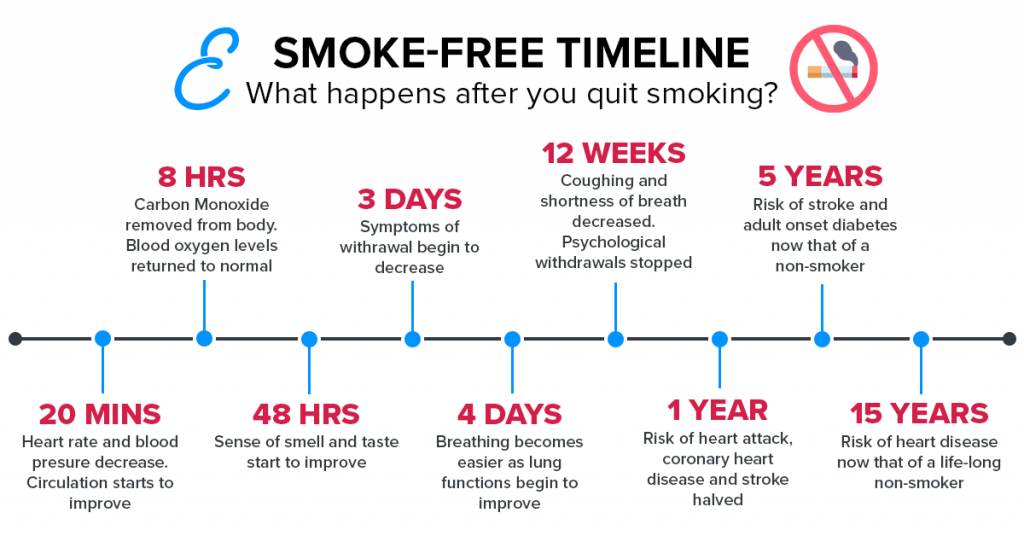
2. Despite The Concern, Many Don't Have Faith in the Media
We asked our respondents whether they thought the concerning headlines were whipped up - and 63.3% said either ‘I don’t know’ or ‘possibly’. This suggests that the majority of those surveyed were undecided on whether to trust what they’ve read!
22% said no - believing that the stories were legitimate and real, leaving only 14% of respondents who were confident enough to call the headlines out as bogus.
There’s a clear distinction between the various news outlets in the UK and how they frame vaping. Some produce well-researched articles that cite scientific research, while others release alarming headlines based on an errant quote or circumstantial evidence.
The Guardian has one of the highest trust scores of all UK publishers, with 84% of readers agreeing that they trusted what they read. Unsurprisingly, The Guardian also has one of the most well-rounded and informative sections of e-cigarettes, with a healthy mix of positive articles about safety, interesting reads about the addictive nature of nicotine, and empirical posts about the status of vaping in the United States.
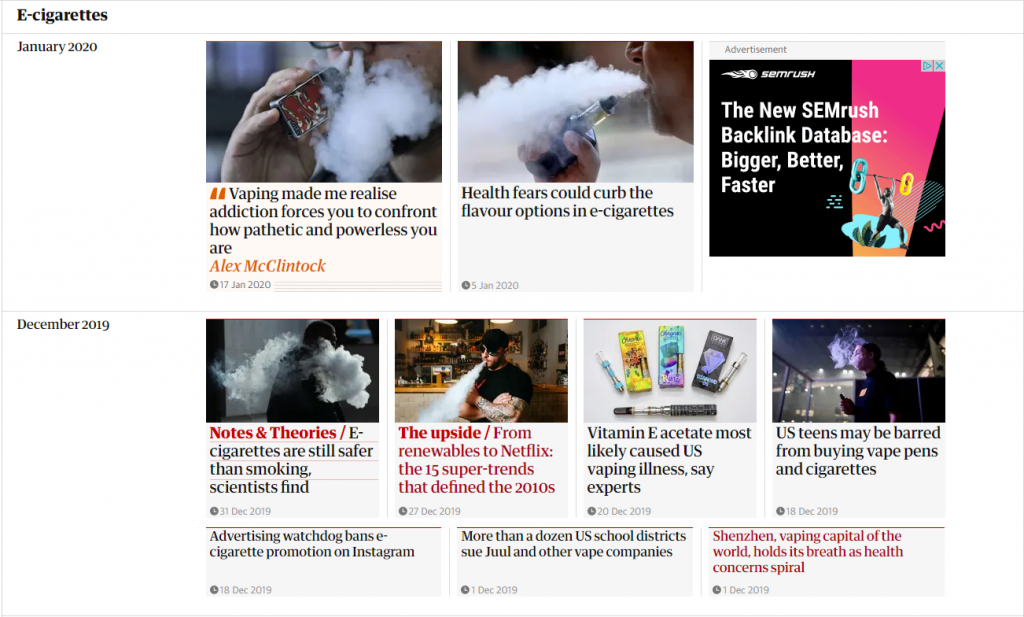
Most articles offer a citation to show the source of the claim that is being made, giving readers the opportunity to find out more about and make their minds up for themselves.
On the contrary, The Sun has the lowest trust rating of the bunch, with only 39% of readers trusting what they read. If you visit their section on e-cigarettes, it’s full of sensationalist headlines that are designed to provoke and frighten.

To serve as an example, one post offers the frightening headline: “Smokers who vape INCREASE their chances of suffering a stroke, experts find.”
On closer inspection, it’s revealed that the subjects of the study were exclusively dual-users (people who smoke and vape at the same time) - though it’s easy to be misled and assume that this headline is referring to smokers who are using vapes to quit. The study explicitly states that:
"Compared with nonsmokers, current sole e-cigarette users did not show significantly different odds of stroke (AOR=0.69, 95% CI=0.34, 1.42).”
https://www.ajpmonline.org/article/S0749-3797(19)30468-4/fulltext
That’s quite an important piece of information to omit, and illustrates how information can be cherry-picked to create frightening headlines.
The BBC is currently rated as the most trusted source of news, but are still guilty of creating scaremongering headlines. The case of Ewan Fisher, a young man who experienced an allergic reaction to an ingredient in his e-liquid, was granted two alarming headlines on the platform:
‘Teenage vaper: 'I nearly lost my life'’
This article fails to mention the fact that Ewan’s symptoms were the result of an allergic reaction; again, this is a key piece of information.
A fitting quote from The Telegraph’s Daniel Pryor succinctly illustrates how nonsensical this is:
“When people have severe allergic reactions to peanuts, we have every sympathy with their experience – and rightly so. But if the BBC responded by fabricating a health panic about the general population’s peanut consumption, we’d think [them] completely bonkers.”
https://www.telegraph.co.uk/politics/2019/11/13/giving-moral-panic-vaping-would-risk-lives-smokers/
With the most trusted source of news in the UK failing to offer such vital information, it’s not surprising to see that a large portion of our respondents were unsure about the validity of the news stories they’d seen!
3. People Are Misinformed About The Potential Benefits Vaping Can Have on Public Health
With so many stories offering frightening, albeit misleading information, many aren’t aware of the potential benefits vaping can have for smokers in the UK. The unfortunate effect of this negative press is grim; simply put, it can cost lives.
In our survey, over 40% of respondents said e-cigarettes would not help the country become smoke-free, with another 28% saying they weren’t sure.
Martin Dockrell of Public Health England says there have even been reports of people switching back to cigarettes following the bout of negative press.
It’s currently estimated that cigarette smoking accounts for around 96,000 deaths per year in the United Kingdom. Fortunately, the prevalence of smoking is falling in the UK year-on-year, so this number is likely to be dropping. Given that e-cigarettes are estimated to help between 50,000 and 70,000 British people quit smoking every year, this technology is likely saving countless lives!
Final Thoughts
Through our survey, we've gained an insight into the way British people view e-cigarettes. The survey showed that many were uneasy about the implications of vaping, particularly in regards to the negative press vaping so often receives. Some of the United Kingdom's most trusted sources are in full support of vaping as a method of smoking cessation and the field of research that shows the beneficial effects is growing by the year, too. In time, we hope to see public opinion shift - but this will likely require the British media to offer a more objective and fair representation of e-cigarettes.
If you're looking for a reputable and reliable shop to purchase your vape kits or e-liquids, you can rely on us.
Want to share your view? Leave a comment below, we'd love to hear from you!






















